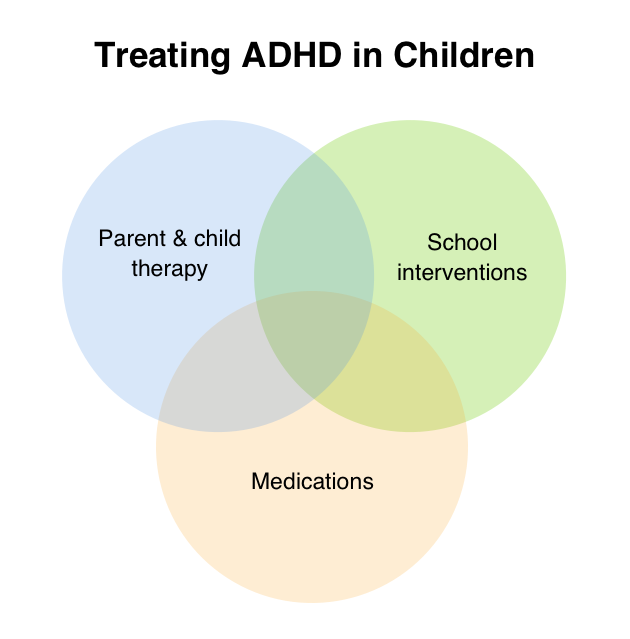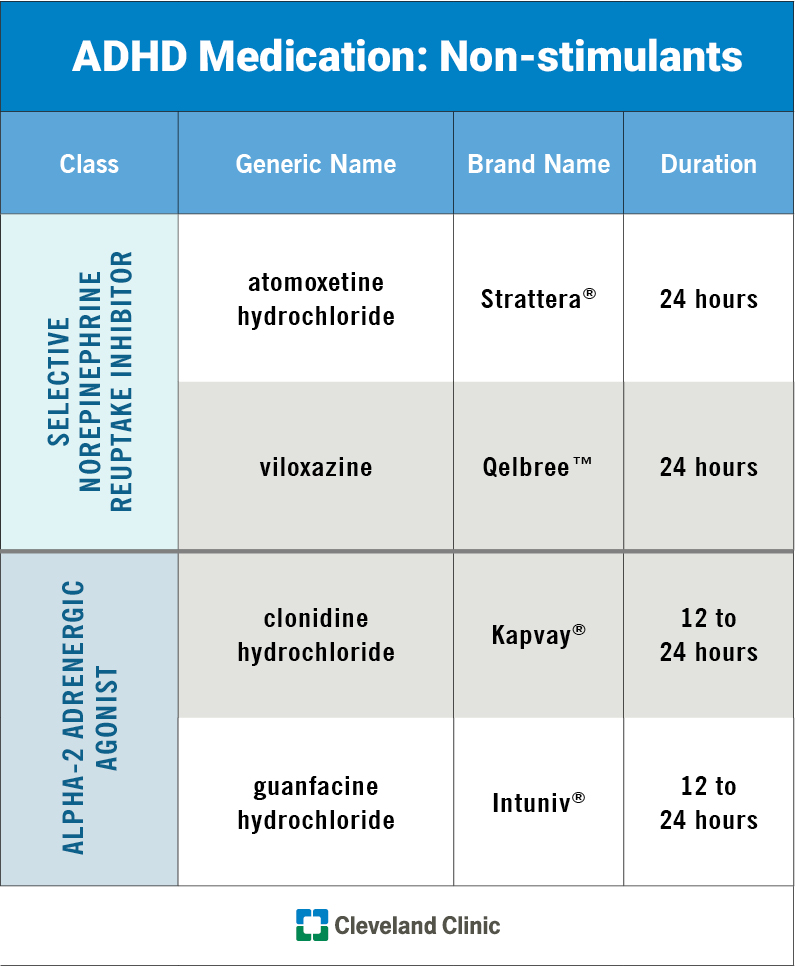The Benefits of Customized ADHD Treatment Plans for Better Results
The implementation of tailored ADHD therapy plans has arised as a pivotal technique in enhancing healing results for people influenced by this condition (ADHD treatment). By acknowledging the special manifestations of ADHD in each person, these customized treatments advertise higher involvement and inspiration, eventually leading to a lot more effective coping methods.
Understanding ADHD Variability
Although Attention-Deficit/Hyperactivity Condition (ADHD) is often regarded as a singular problem, its manifestations can differ significantly amongst people. This variability is influenced by a range of aspects, consisting of age, sex, coexisting conditions, and environmental contexts. As an example, kids with ADHD may exhibit hyperactive behaviors, while grownups may mainly deal with focus deficiencies. Sex distinctions additionally contribute, as men are more often identified with ADHD and frequently display extra obvious signs and symptoms, whereas ladies might provide with less obvious inattentiveness.
Furthermore, individuals with ADHD might experience a range of psychological and behavioral difficulties, such as anxiety or oppositional defiance, that can make complex diagnosis and therapy. The communication of these elements can lead to varied experiences of ADHD, demanding a nuanced understanding of the disorder. It is also worth keeping in mind that ADHD can present in a different way throughout various cultural contexts, influencing how symptoms are acknowledged and dealt with. This understanding highlights the value of recognizing ADHD as a complex problem, which requires personalized strategies to treatment that take into consideration the special needs and experiences of each person.
Trick Components of Personalization
Individualized ADHD therapy plans are grounded in several key elements that make certain effective monitoring of the disorder. A comprehensive evaluation is important, involving standard score ranges, interviews, and behavior monitorings. This extensive evaluation permits clinicians to comprehend the person's unique signs, strengths, and obstacles.
Second, the participation of multiple stakeholders, including parents, educators, and the individual, adds to a holistic view of the person's demands. Cooperation cultivates a supportive atmosphere that can adjust to the individual's context and lifestyle.
Third, treatment plans must be versatile and versatile, allowing for adjustments based on ongoing feedback and the individual's advancing demands. This adaptability allows the assimilation of different healing techniques, such as behavioral interventions, psychoeducation, and drug administration.
Furthermore, social and contextual variables need to be thought about. Acknowledging the person's history, worths, and preferences guarantees that the therapy matters and considerate.
Lastly, normal follow-ups and analyses are necessary to monitor progress and make necessary modifications. By concentrating on these essential components, personalized ADHD treatment strategies can considerably improve the effectiveness of interventions, resulting in improved results for people with ADHD.
Improved Engagement and Inspiration
To efficiently advertise improved engagement and motivation in people with ADHD, it is crucial to include methods that reverberate with their interests and staminas. Individualized therapy plans that straighten with a person's enthusiasms can cause boosted engagement in healing activities, promoting a feeling of ownership and excitement for the image source procedure.
Using interactive and creative techniques can also dramatically enhance motivation. As an example, incorporating gamification components or real-world applications of skills can make tasks more attractive and appropriate. This not only records attention yet additionally reinforces discovering through satisfying experiences.
Additionally, setting attainable and significant objectives tailored to the person can strengthen inspiration. When people see their development in the direction of personally substantial objectives, they are more probable to remain involved. Routine responses and acknowledgment of accomplishments can additionally endure motivation, creating a favorable comments loop that encourages ongoing initiative.
Last but not least, fostering a supportive atmosphere where individuals really feel recognized and valued can significantly impact their interaction degrees. When treatment plans are developed collaboratively, including input from the individual, they are more probable to feel purchased their trip, ultimately resulting in improved end results in taking care of ADHD.
Improved Coping Strategies
Developing enhanced dealing approaches is important for individuals with ADHD, as it outfits them with efficient tools to navigate day-to-day difficulties. A customized treatment strategy permits the identification of details coping mechanisms customized to the individual's one-of-a-kind demands and circumstances - ADHD treatment. Techniques such as mindfulness, time administration abilities, and organizational techniques can be incorporated into day-to-day regimens, cultivating a sense of control and reducing stress and anxiety
Mindfulness techniques, signs someone is depressed consisting of meditation and deep-breathing exercises, aid individuals with ADHD concentrate their focus and manage their feelings. Time administration techniques, such as utilizing timers or damaging jobs into smaller sized, convenient steps, can alleviate sensations of bewilder. In addition, organizational devices living with depression and anxiety like planners and checklists can enhance performance and liability.
Long-lasting Favorable End Results
Carrying out tailored ADHD treatment strategies can result in significant long-term positive outcomes for individuals. These customized methods, which consider special signs and symptoms, preferences, and life situations, assist in extra efficient administration of ADHD symptoms gradually. By concentrating on the certain needs of the person, these plans improve adherence to therapy methods and foster better engagement in therapeutic tasks.

Additionally, customized therapy strategies can dramatically decrease the threat of comorbid conditions, such as stress and anxiety and clinical depression, which are commonly related to ADHD. Early intervention and consistent support aid people construct resilience and coping techniques, advertising total mental wellness.
Eventually, the long-term favorable results of customized ADHD therapy plans not just boost the quality of life for people yet likewise add to their overall well-being and success in numerous life domain names. This holistic technique highlights the value of individualized care in managing ADHD successfully.
Verdict
